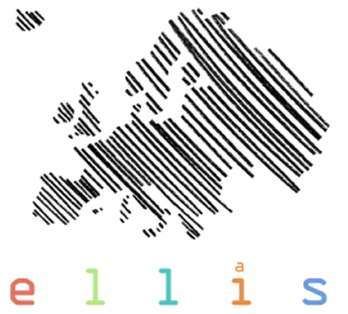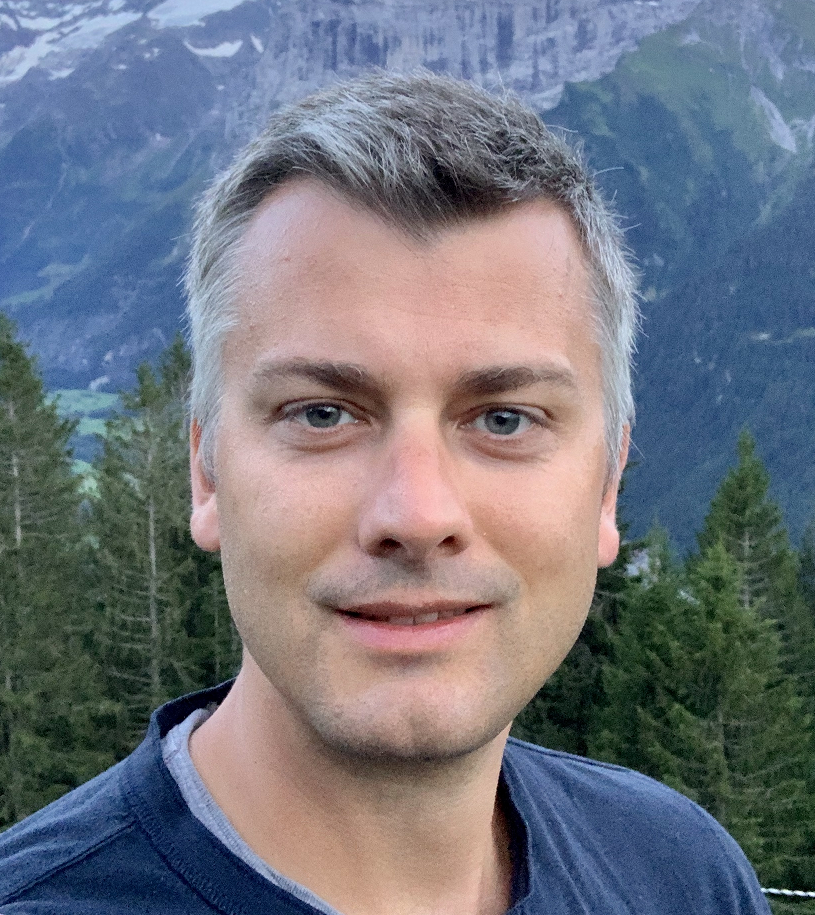|
Mathias is a full professor (W3) at the University of Stuttgart and a faculty member of the International Max Planck Research School for Intelligent Systems (IMPRS-IS). He heads the Machine Learning and Simulation Science Lab. His professorship is part of the
Cluster of Excellence for the Simulation Sciences (SimTech), the Department of Computer Science, and the ELLIS society. He is also a Chief Scientific Advisor at NEC Laboratories Europe.
At NEC Labs Europe he was senior (2015-2017) and chief research scientist (2017-2021) as well as manager (2019-2021) of the machine learning group. From 2013-2015 he was a postdoctoral research associate at the Allen
School of Computer Science, University of Washington. Mathias was also a member of the Data and Web Science Research Group at the
University of Mannheim. Mathias obtained his PhD from Indiana University in computer science with a minor in scientific computing.
His group's research interests include representation learning for structured data, geometric deep learning,
probabilistic graphical models, and the intersection of ML and the sciences. His group's methods are concerned with learning, inducing, and leveraging relational structure with applications in vision, natural language processing, and the (bio-)medical domain. Mathias is also co-founder of several open-source digital humanities projects such as the Indiana Philosophy
Ontology Project.
If you are interested in his group's work (published regularly at ICML, NeurIPS, AAAI, EMNLP, IJCAI, ICLR) please take a look at the publication section of this website and visit our video channel.
News
- The machine learning and simulation lab (MLS) and collaborators have three papers accepted at ICLR 2024.
- One paper about large vision models for medical images accepted at NeurIPS 2023.
- We are orgnizing the workshop Differentiable almost Everything at ICML 2023. Please consider submitting your work.
- One paper on learning discrete disentangled representations accepted at ECML 2023.
- One paper on learning neural PDE solvers that generalize accepted at ICML 2023.
- Keynote at the NeSy-GeMs (Neurosymbolic Generative Models) workshop at ICLR 2023.
- One paper with colleagues from UCLA accepted at ICLR 2023.
- Peru Bhardwaj, a postdoc in the Machine Learning and Simulation Lab, was awared a prestigous Alexander von Humboldt postdoctoral fellowship.
- One paper accepted at the 37th Conference on Artificial Intelligence (AAAI) 2023.
- One paper accepted to the IEEE Transactions on Pattern Analysis and Machine Intelligence (TPAMI).
- Two papers accepted at the Machine Learning and the Physical Sciences Workshop (ML4PS) at NeurIPS 2022.
- One paper accepted at Conference on Empirical Methods in Natural Language Processing (Findings of EMNLP 2022).
- Two papers accepted at the 36th Conference on Neural Information Processing Systems (NeurIPS 2022).
- Mathias will serve as area chair for AAAI 2022 and ICLR 2022.
- Two long papers and one demo paper accepted to ACL 2022.
- Best paper award at the International Conference on Automated Knowledge Base Construction (AKBC) 2021.
- Two papers accepted at the 35th Conference on Neural Information Processing Systems (NeurIPS 2021).
- A paper on using behavioral analysis from software engineering for knowledge graph embedding methods accepted at AKBC 2021.
- A paper on profiling users from the perspective of network operators accepted at CoNext 2021.
- The paper "VEGN: Variant Effect Prediction with Graph Neural Networks" was accepted at the ICML Workshop on Computational Biology (WCB).
- Best reviewer award at the International Conference on Uncertainty in Artificial Intelligence (UAI) 2021.
- Best reviewer award at the International Conference on Learning Representations (ICLR) 2021.
- The paper "Uncertainty Quantification and Calibration with Finite-State Probabilistic RNNs" was accepted at the International Conference on Learning Representations (ICLR) 2021.
- The machine learning group has three of its papers accepted at the Conference on Artificial Intelligence (AAAI) 2021.
- One paper accepted to the European Conference on Information Retrieval (ECIR) 2020.
- Contributed several chapters to the book Introduction to Lifted Probabilistic Inference from MIT press.
- Invited talks at Twitter research, SMiLE workshop, Multi-Modal Knowledge graphs @ AKBC.
- Two papers accepted at EMNLP 2019: Attending to Future Tokens For Bidirectional Sequence Generation and Cross-Sentence N-ary Relation Extraction using Lower-Arity Universal Schemas
- Two papers accepted at ICML 2019: State-Regularized Recurrent Neural Networks and Learning Discrete Structures for Graph Neural Networks
- One paper accepted to IJCAI 2019: A comparative study of distributional and symbolic paradigms for relational learning
- I am an invited speaker at the IPAM workshop "Geometric Deep Learning for Big Data and Applications" in LA, the Karlsruhe.AI and Heidelberg.AI speaker series, the RIKEN AI Insitute in Tokyo, and the ECML workshop "New Trends in Representation Learning with Knowledge Graphs"
|




